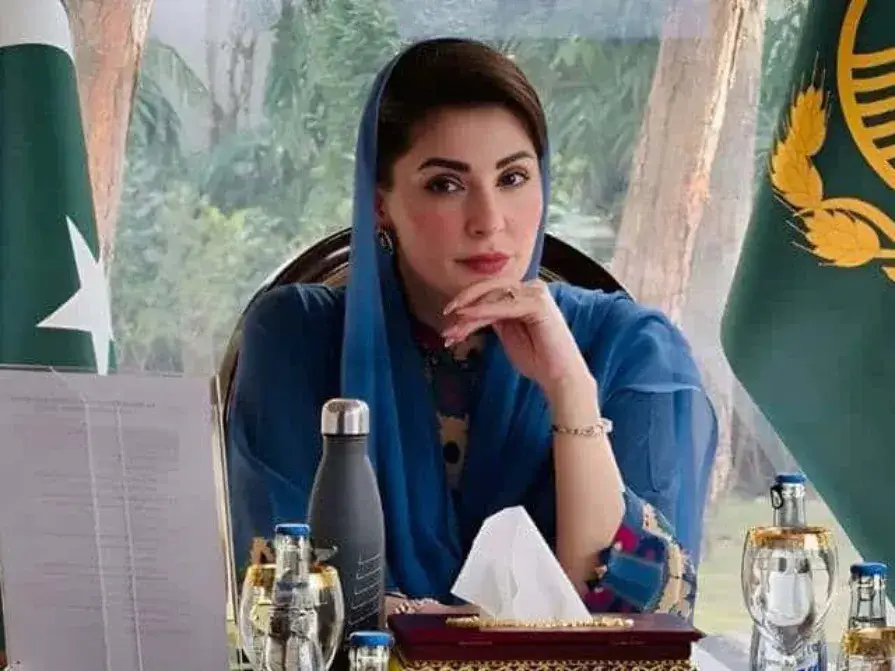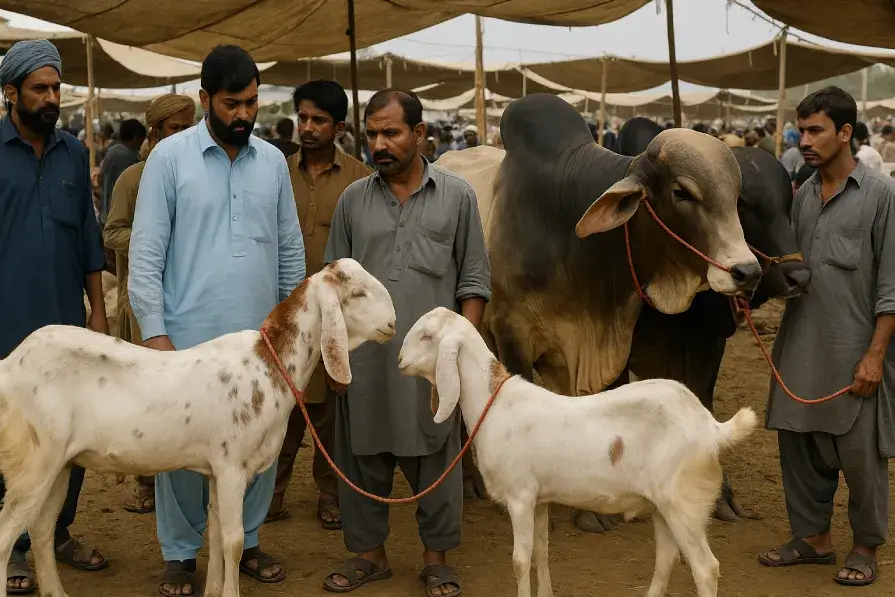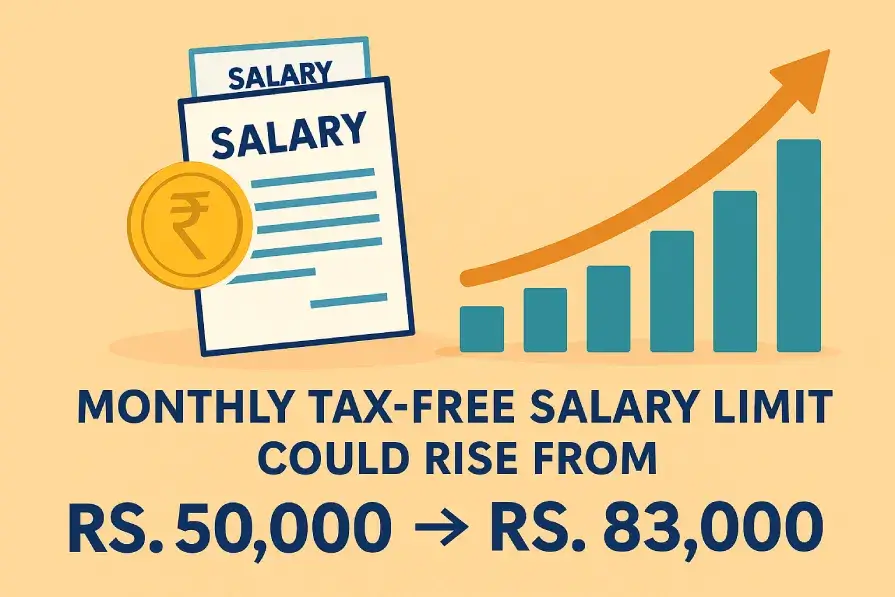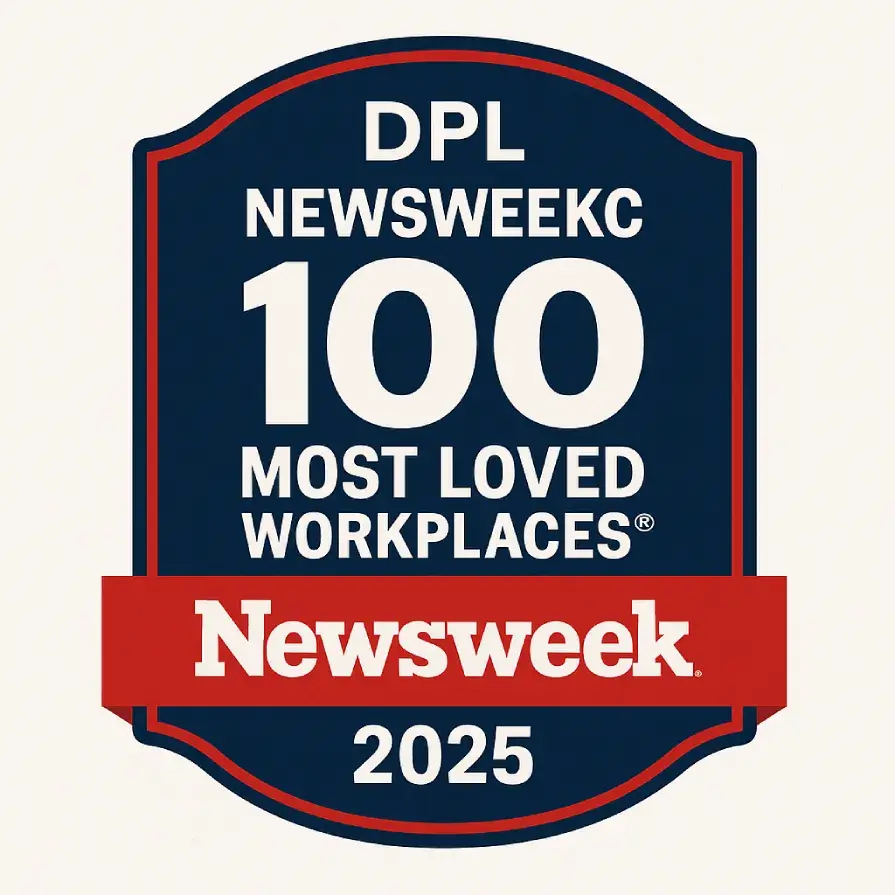Punjab CM Launches Rs 1 Billion Assistive Devices Project for People with Disabilities

Maryam Nawaz Sharif as head of Punjab government formally started first ever disability betterment project through which she has been handout complimentary devices for those in need all over Punjab. The development of modified mobility and support equipment for the price of Rs 1 billion under a funding program designed for people with disabilities which give them greater access to enhancing of their livelihood.
Customized Assistive Devices for Better Mobility
The program provides access to a comprehensive array of assistive technology to the public such as artificial limbs, hearing aids, tricycles and hand or electric wheelchairs and other devices on the basis of medical prescriptions. All assistive device under the programme will be tailor made one assistive device for one beneficiary to with respect to meeting the functional needs.
This program aims at making significant improvement in the quality of life of many of the province residents. By means of these developed devices, many people with physical disabilities can achieve independence as well as elevated mobility.
Historic Launch Event and Public Response
Around 300 people from various groups of healthcare workers and stakeholders were present at the launch event. The initiative was considered as a big step towards inclusive medical services in Punjab due to festive environment and hopeful atmosphere.
Bionic technology for rehabilitation becomes a significant point in the history. It was the first Health department in Pakistan which inducts advance bionics within the public health sector for physically challenged people making example of future up gradation.
Accessibility Reforms in Government Buildings
CM Maryam Nawaz, directs to increase communication facilities in all public government sector for the device distributors. All government offices will have ramps installed so as to allow for free movement of wheelchair users and other mobility impaired users in public areas.
Elevators are provided to hospital field facilities as part of patient comfort and accessibility improvement. The changes create an accessible environment without obstacles that includes features of accessibility for individuals with disabilities.
Home Delivery and Online Registration System
In order to make the process easier, Punjab government has created an online registration process. The public can make an application for assistive equipment to access the service online from a domestic property. The devices will arrive in their receivers through door-to-door delivery after approval via a streamlined delivery process.
Because the scheme is based on technology, rural and remote people can benefit without having to travel long distances.
Pakistan’s Largest Ration Card Initiative
CM Maryam Nawaz Sharif launched two major programs; Pakistan’s Biggest ration card scheme for 1.25 Mn low income families & country’s First assistive devices initiative. The cards offer essential food, household essentials for families temporarily removing the pressures of inflation and food deficit.
This program is based on vulnerable communities to boost food accessibility for thousands and thousands of eligible individuals over the province. Social welfare programs and the assistive devices program form together a solution for addressing poverty and helping with disability needs.
A Commitment to Inclusive Governance
As part of an extensive effort to encourage inclusive administration, these programs exist. CM Maryam Nawaz Sharif further said that core responsibility of govt is to serve each but especially the down trodden whose service was being extinct in past.
By the dual strategy addressing accessible facilities alongside economic subsidy – the Punjab government seeks to address various inequalities of Punjab. Assistive devices together with ration cards enable people to stay with their dignity and independence and achieve better health outcome.
Impact on the Disabled Community in Punjab
This program is a path breaking achievement for the people with disabilities living in Punjab. A high percentage of people have been cut off from mobility equipment for extended periods due to not have the financial resources or access to a support. The well-established charity which is fully funded provides thousands of individuals access to the appropriate equipment to be able to live more independently and actively.
Research indicates that providing right type of assistive gadgets lowers future health complications and keeps mind fit & creates job chances for handicapped.
Setting a National Benchmark
Punjab’s Rs 1 billion equipment program for the disabled could be followed by all other provinces and even national programmes. By combining technology and access infrastructure with face to face social support; the government are developing a sustainable model of universal healthcare and social welfare.
This focus on tailored, home delivery services is a people-focused approach that is a rarity in a mass operation at a large-scale level for public service delivery in Pakistan.
Future Steps and Government Vision
CM Maryam Nawaz Sharif anticipated that more of reforms & social welfare drive to come. With health core, accessible and socially equity-oriented, Punjab Government aims to lead Pakistan a path of inclusive development.
Projects of this type empower marginalised people and at the same time build social trust and generates peoples power. By putting money into folks for participate government creating more loving and more equitable the society.
Conclusion
Launch of Punjab Assistive Devices Project and the largest ration card project under the leadership of CM Maryam Nawaz Sharif has been another crucial moment on Punjab’s rise to growth in social policy. With Rs1 billion budgeted for empowering people with disabilities and providing support to the low-income group, these programs underscore a commitment to inclusivity, welfare, and human dignity.
By shining a light on public healthcare and social support, these efforts by Punjab will probably be replicated in other provinces, thereby creating a more accessible, fair and just future for all Pakistanis.









